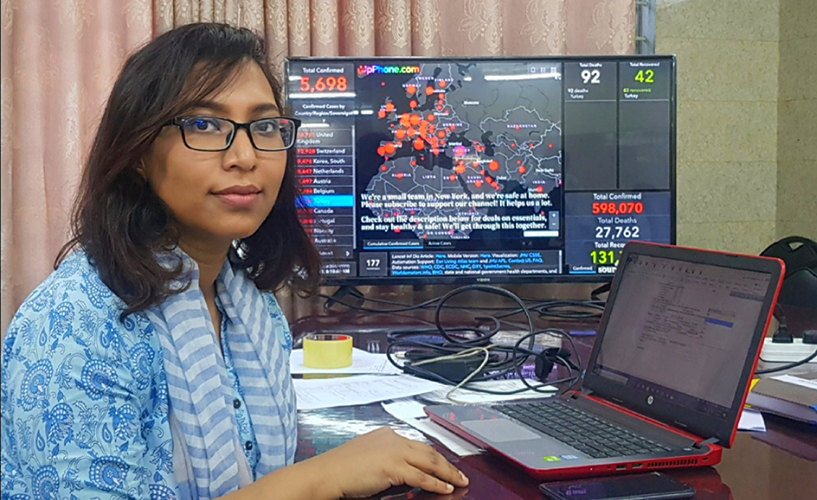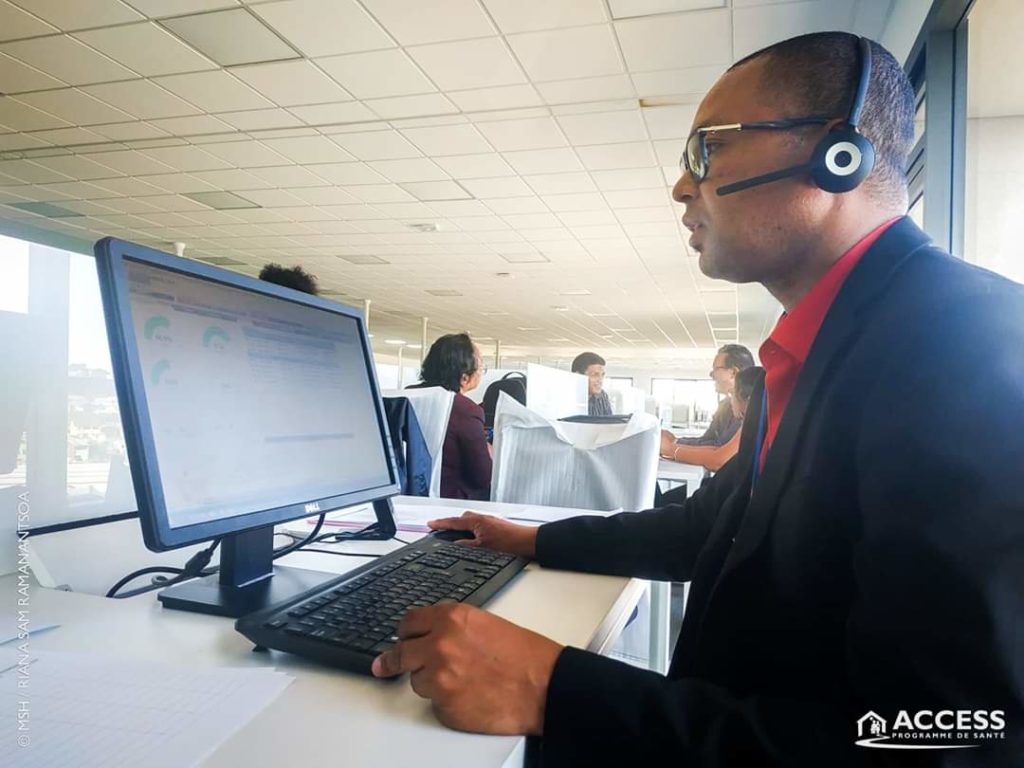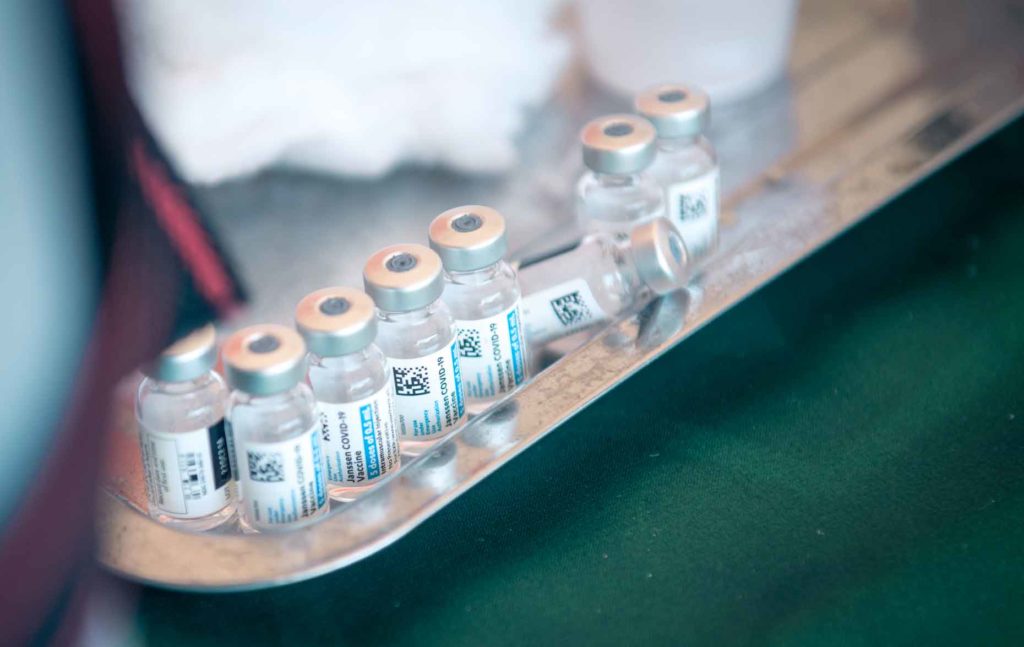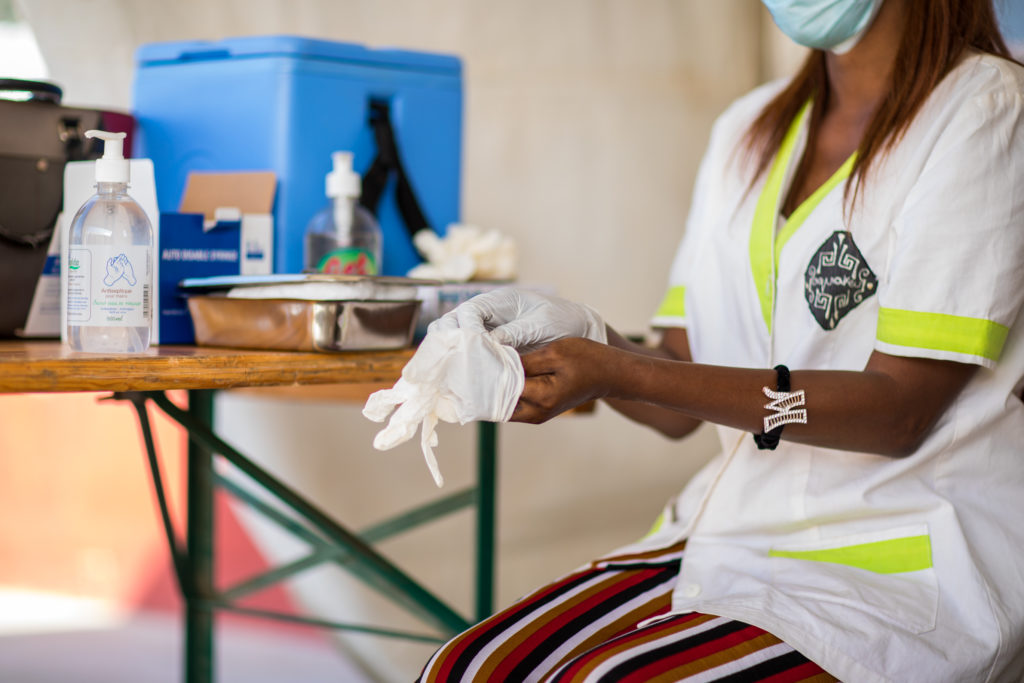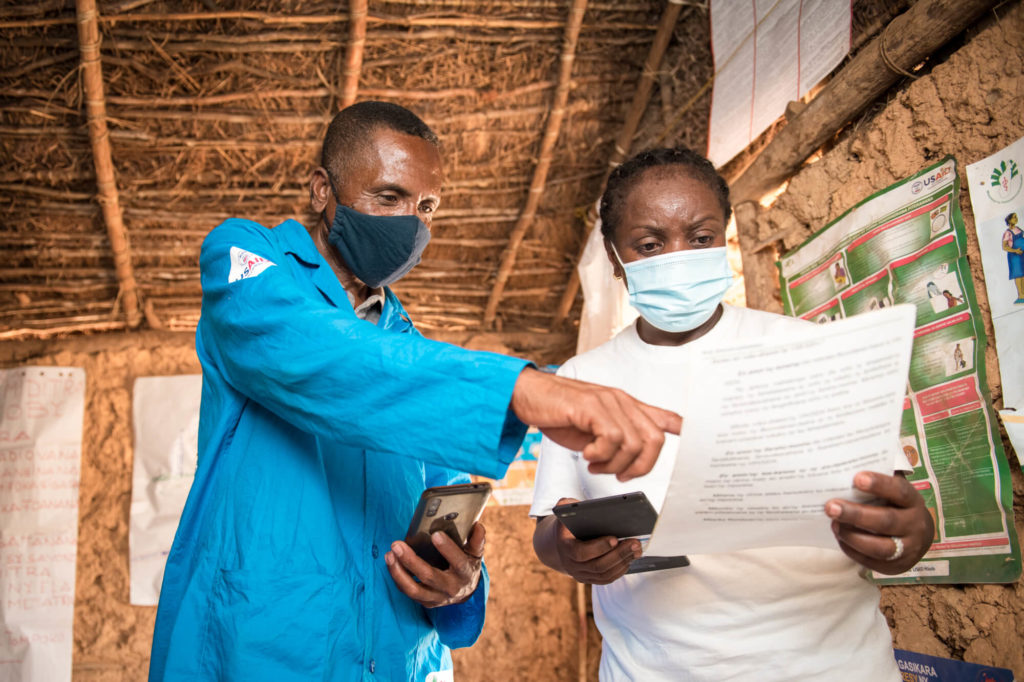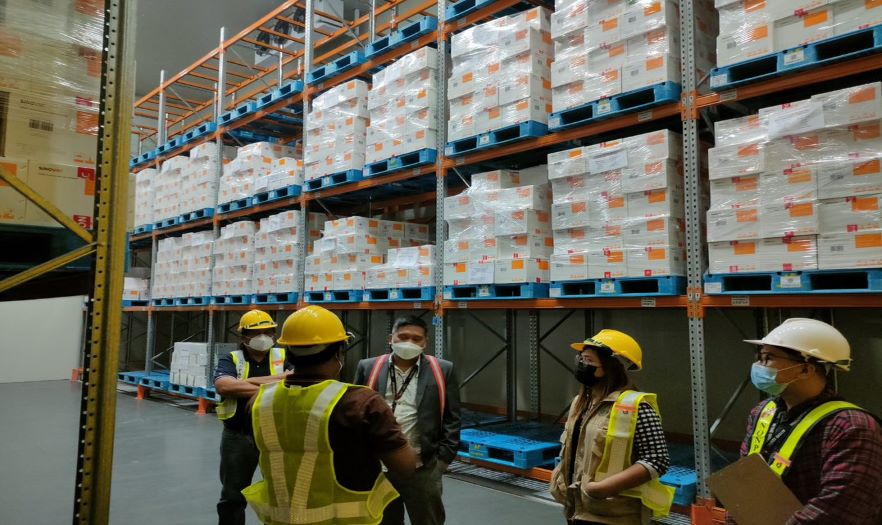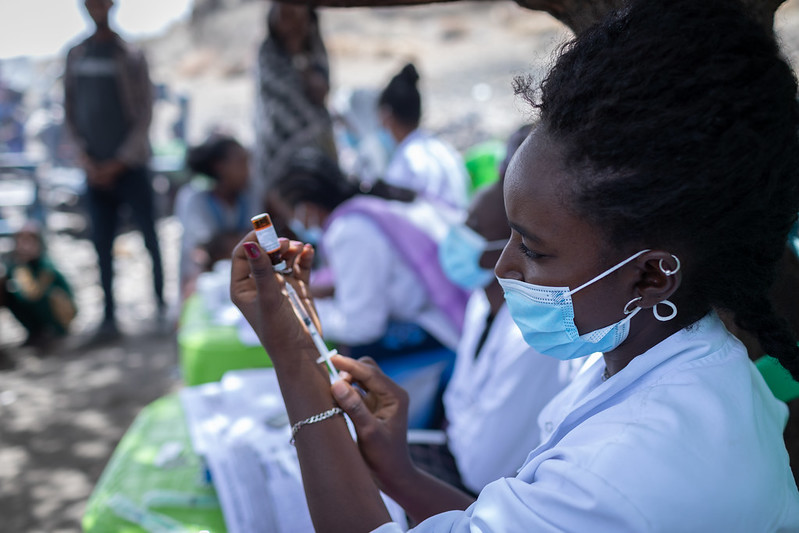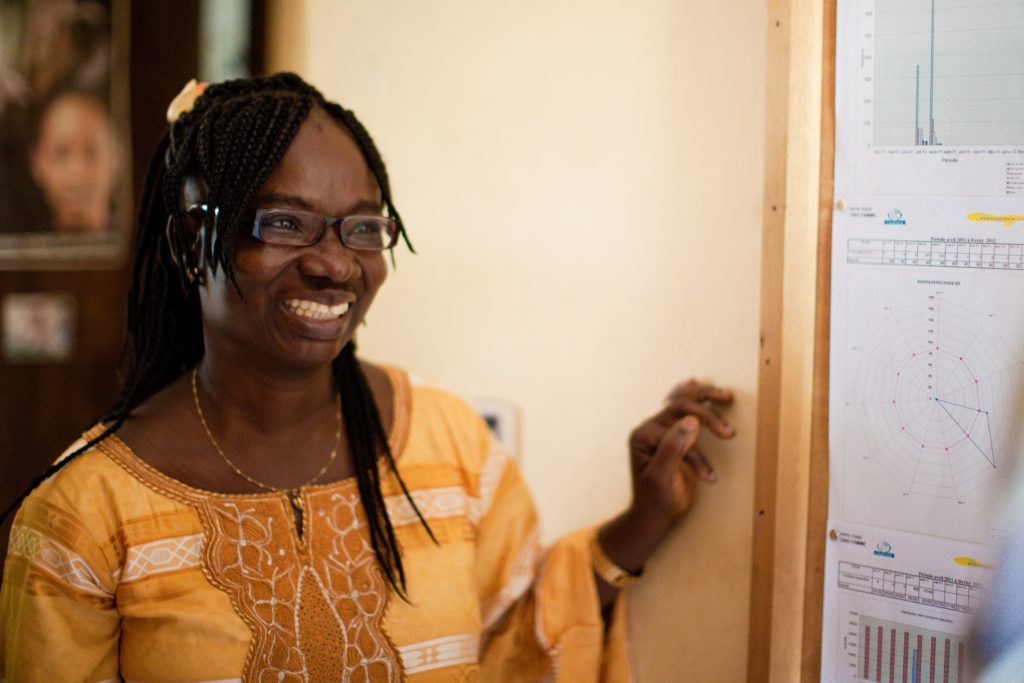Pandemic Preparedness and Response
Pandemic Preparedness and Response
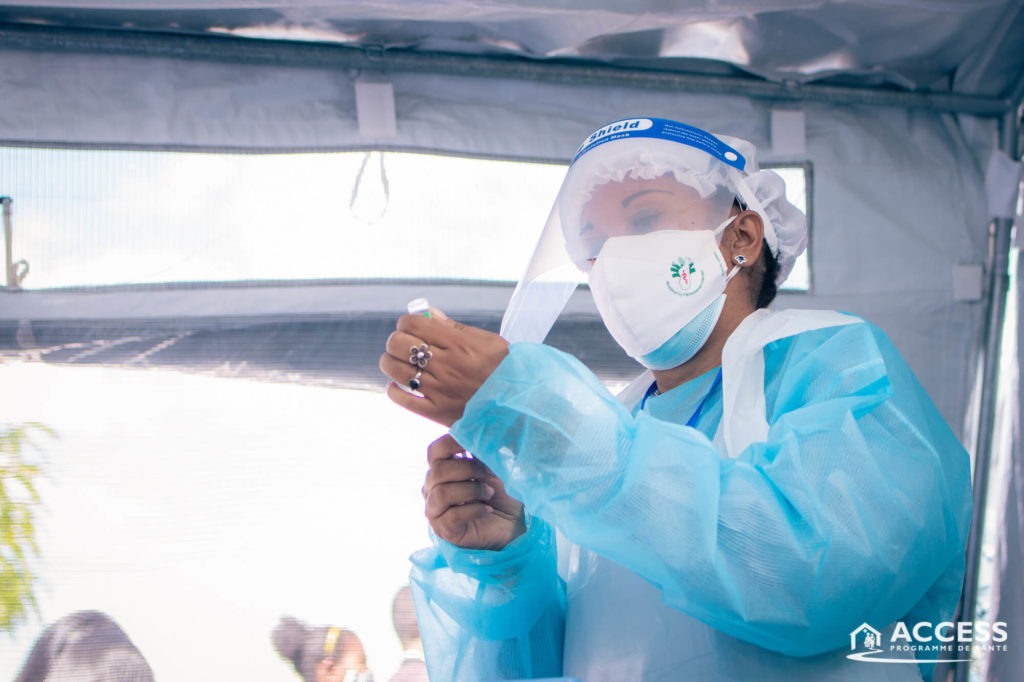
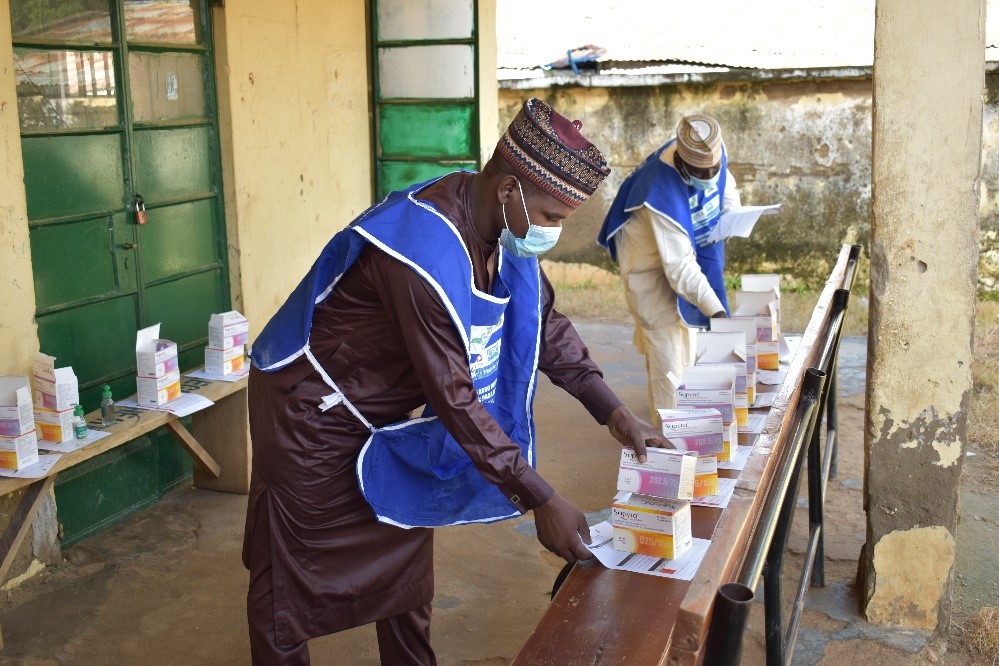
Our COVID-19 Solutions: Pandemic Preparedness, Response, and Recovery
MSH offers a full range of COVID-19 solutions based on our decades of experience supporting country responses to HIV, tuberculosis, Ebola, avian flu, and other public health emergencies. We focus on policy, regulation, coordination, and implementation planning; costing, procurement, supply chain, and logistics; vaccine introduction; safety monitoring; risk communication; and safe vaccine service delivery at the national, local, and facility levels. Our approach to Pandemic Preparedness and Response focuses on improving local readiness and agency. We also advocate for and support investments in primary health care systems and policies that advance universal health coverage and engage governments and communities to demand greater accountability.
Prioritizing Local Readiness
While the science and know-how to detect outbreaks exist, adequate leadership and coordination for pandemic preparedness and response remain a major challenge. Diseases start and spread at the household and community levels, so it is vital for local communities to have the tools and culture—maintained through training, drills, supply maintenance, and ongoing review even during non-event periods—to prevent the spread.
By integrating pandemic preparedness with all health systems functions, we support our country partners in fostering a state of constant readiness and local agency, equipping local leaders, communities, and health care providers with the knowledge, skills, and plans to take immediate action. Our programs build capacity at all levels of a health system to:
- Strengthen disease surveillance systems
- Reinforce strong national public health systems and workforces
- Introduce and scale new tools to prevent and control infectious diseases
- Support local leadership in fostering a state of constant readiness even if help isn’t available right away from national or international levels
.
A Culture of Readiness and Local Agency: MSH’s Position on Pandemic Preparedness and Response
The Road to a Chikungunya Vaccine: Accelerating Solutions to Addressing Health Threats Posed by Climate Change
Chikungunya, a mosquito-borne viral disease, is a growing global threat. As climate change continues to intensify the effects of vector-borne diseases like chikungunya, the global community will need a comprehensive understanding of the disease burden and intervention landscape to inform how to most effectively accelerate response efforts.
From Rowing to Steering: An Old Challenge in a New Environment
Our Response to COVID-19
Since COVID-19 emerged in early 2020, MSH—working through a range of global, regional, and bilateral projects—has supported 27 countries in effectively maintaining essential health services and confronting immediate pandemic challenges and underlying systemic weaknesses drawing on our experience supporting country responses to HIV, tuberculosis, Ebola, avian flu, pneumonic plague, cholera epidemics, and other public health emergencies since 1971. Between 2021 and 2022, our teams supported the COVID-19 vaccine introduction in 17 countries.
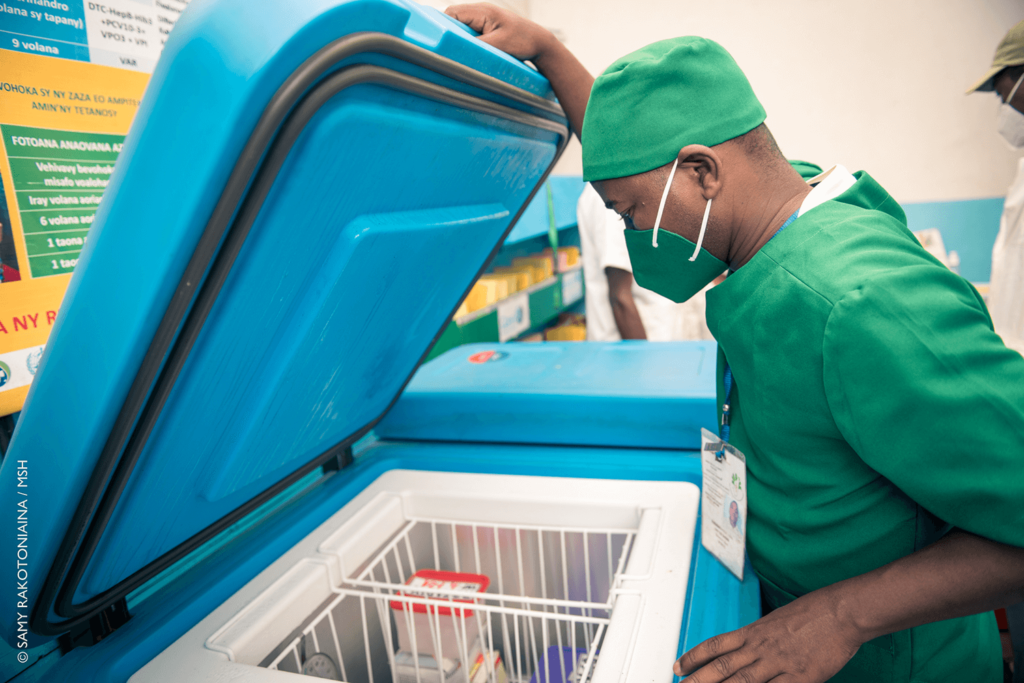
Advocating for Global Health Security during COVID-19
MSH works on its own and in collaboration with global non-profits, academic organizations, and the private sector to educate policymakers on the importance of funding global health security, and COVID-19 response in particular. We frequently communicate to the media about COVID-19 and the importance of health systems strengthening to prevent and contain infectious diseases. Outlets for recent contributions and appearances include The Guardian, The Washington Post, Forbes, Health Policy Watch, The Hill, Scientific American, Supply Chain Brain, The Wall Street Journal, DEVEX, Global Health NOW, Next Billion, STAT, Daily Trust, Think Global Health and Knowable Magazine.
